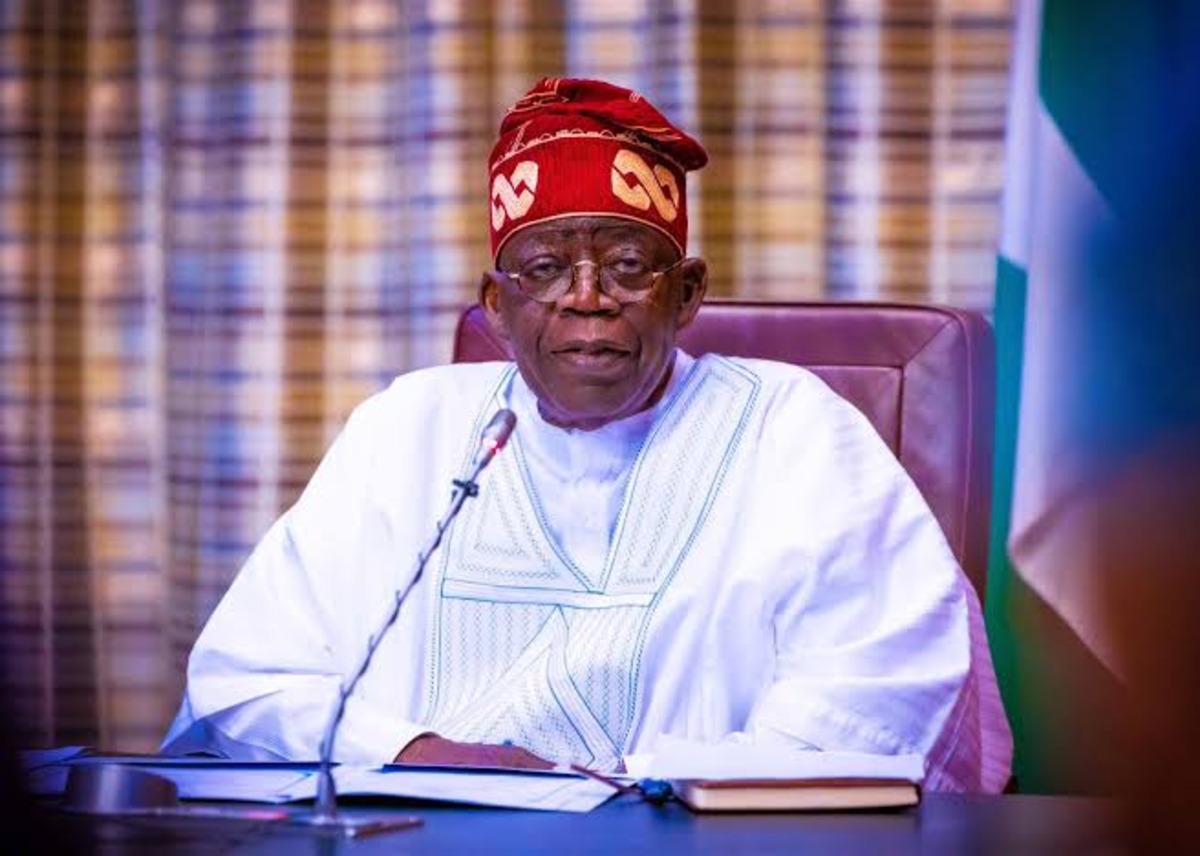President Bola Tinubu will, on Friday, receive a draft bill seeking a return to a regional system of government for Nigeria.
The proposed legislation authored by a chieftain of the Yoruba socio-cultural association, Afenifere, Akin Fapohunda, and titled, “A Bill for an Act to substitute the annexure to Decree 24 of 1999 with New Governance Model for the Federal Republic of Nigeria’, seeks among others, new extant laws to be cited as “The Constitution of the Federal Republic of Nigeria New Governance Model for Nigeria Act 2024.”
The PUNCH reported last week that the said bill was disowned by the House of Representatives whose spokesman, Akin Rotimi, and the Chairman, Committee on Rules and Business said had not been listed for deliberation in the ongoing moves to review the 1999 Constitution (as amended).
However, Fapohunda told our correspondent on Thursday that the bill would be transmitted to the President on Friday.
I’m submitting my letter (draft bill) today but I will wait for seven days before releasing it to the public,” he told our correspondent.
Meanwhile, Fapohunda who also represents the Coalition of Indigenous Ethnic Nationalities told The PUNCH that the organisation is proposing the division of the country into eight geo-political regions with approximate interim boundaries.
The proposed regions. according to Fapohunda. include the southern region to be made up of Akwa-Ibom, Bayelsa, and Cross Rivers States and “Optional inclusions of the Annang, Effik, Ekoi, Ibibio, Oro Ohaji/Egbema in Southern Imo, the Adonia, Efemia, Ijaw, Ogoni, Bini, Ishan, Isoko, Urhobo and the Ijaw-speaking people in Northern Ondo State with land contiguity.”
He continued, “The South Eastern region consists of Abia, Anambra, Ebonyi, Enugu, and Imo States. The Western region comprises Lagos, Ogun, Ondo, Osun, Oyo, and Ekiti States, incorporating the Yoruba-speaking people in Kogi and the Igbomina people in Kwara State. Additional options would be the Itsekiri people of Delta State and Akoko-Edo people of Edo State to make their respective choices.”
Others include the Mid-Western Region “Made up of Edo and Delta States, possibly incorporating the Anioma people and the Eastern Middle Belt Region comprising Northern Cross River, Southern Kaduna, Southern Borno, Adamawa, Benue, Kogi, Plateau, Nasarawa and Taraba States.”
The Western Middle Belt Region comprises Southern Kebbi, parts of Kwara and Niger States while the North Eastern Region will be made up of parts of Borno, Gombe, Bauchi, Jigawa, and Yobe States.
The North Western Region, according to the Afenifere chieftain, comprises Kaduna, parts of Kebbi, Kano, Katsina, Sokoto and Zamfara States.
Fapohunda said the coalition envisaged a two-tier government, federal and regions, adding that the latter would be at liberty to manage her affairs, “Including the creation of sub-entities, based on the stipulations that are agreed upon and embedded in their respective constitutions.”
In its proposed governance stipulations, CIEN stated that “In the quest for re-configuration and downsizing, an option to consider might be to retain the present boundaries of the 36 States, as would have been adjusted, but to creatively downgrade the paraphernalia of political administration as follows:
“To introduce a new regional government framework with executive and legislative functions and bodies with the headship title of Premier.
In the new dispensation, the present States (for example the six in the Western region) would be converted to provinces. Governance at this level shall be by Provincial Councils that integrate executive and legislative functions, with Chairman and Support Specialist Administrative Officers. The regions shall be at liberty to create provinces, subject to viability and self-sustainability.
“The present Local Government Areas are to be transformed into divisions, with divisional managers and specialist administrative officers; to operate as socio-economic development institutions. The new provinces shall also be at liberty to create divisions, subject to viability and self-sustainability.”
The coalition also proposed a new constitution to embody novelties including freedom of the regions to “Create, merge and or re-configure their sub-political units and may adopt provinces, divisions or districts as may suit their circumstances without interference from any other authority.
“Regions and sub-regional entities are to be reconfigured such as would reduce the cost of public and civil service administration to less than 20 to 30 per cent of generated revenue.
“In drafting their Constitutions, the peoples of the respective regional territories will take a cue and also dismantle any arrangement or configuration that will favour the politicians and the political class; with a focus on freeing resources for true development.
“A uni-camera federal legislature comprising members that are elected at the discretion of the regions for which they would be representatives at Abuja.
“Decentralization of federal power in favour of not more than 10 regions on which there is a general national consensus, rather than the presently unwieldy number of 36 States. These old States are inconsequential indeed in being a viable unit of a truly federal system of government.”
In all, the coalition proposes that the Federal Government “Shall comprise not more than nine Ministries and Ministers,” adding that “The very big United States has just 15 Cabinet Ministers, while Nigeria is not even up to just a State of Texas or New York.”
The group is also advocating a return to the parliamentary mode system of government “Built-in statutory rotation of headship among the regions.”
Credit: Punch






Leave a Reply